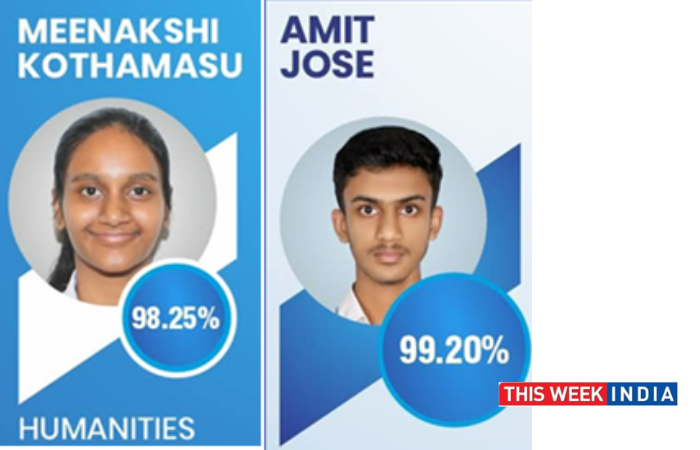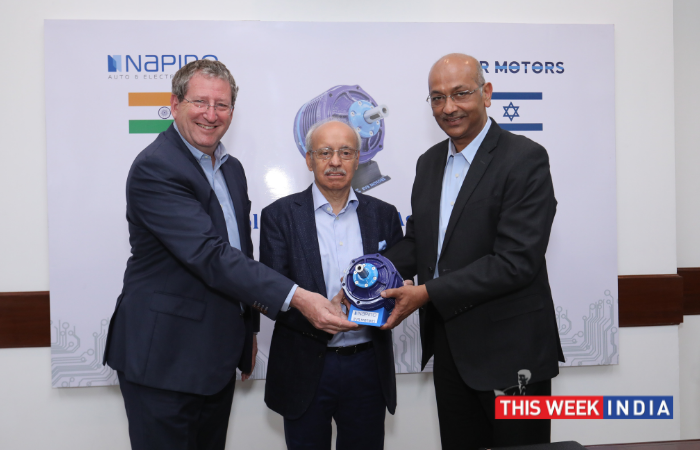By Dr. Nischay B, Nephrologist, NephroPlus
Background and Theme for 2024 World Hypertension Day is observed every year on May 17th to raise awareness and promote hypertension prevention, detection, and control of High blood pressure as it is the leading risk factor for developing cardiovascular disease. The theme for this year is “Measure Your Blood Pressure Accurately, Control It, Live Longer.”[1] It aims to raise awareness of high blood pressure and improve blood pressure measurement accuracy to control hypertension-related NCDs, particularly in low- and middle-income communities.[2]
Hypertension, commonly referred to as high blood pressure, is a condition in which the blood arteries have a constant high pressure. The higher the pressure, the harder the heart must pump.
Impact on Human Health
It is believed that hypertension is a serious health issue that increases the risk of heart, brain, kidney, and other ailments and it kills more people than cancer every year. The burden of hypertension is carried disproportionately by low- and middle-income countries, where two-thirds of cases are observed, owing mostly to rising risk factors in those populations in recent decades.[3]
In my opinion, high blood pressure can weaken the blood vessels of the kidneys, causing kidney injury. It is believed that as chronic kidney disease progresses, many people will get hypertension; the two conditions appear to be linked. Conversely, persons with hypertension acquire chronic renal disease.[4] Also, it leads to fluid and electrolyte imbalances in the human body. Thereby, further impairing the kidneys’ ability to regulate sodium, potassium, and fluid levels.
Global Situation
Globally, Hypertension affects one in every three adults and is the most common cause of premature death which leads to frequent and fatal illness causes such as stroke, heart attack, and heart failure, with kidney damage being one of the chief health issues.[5] According to the reports, it has been observed that about 12% of people with hypertension in India have their blood pressure under control.[6]
Challenges
There are challenges when it comes to managing hypertension in adults with CKD as some patients regularly use hypertension drugs, such as angiotensin-converting enzyme (ACE) inhibitors and angiotensin II receptor blockers (ARBs) to protect their kidneys by lowering proteinuria and decreasing the progression of CKD. However, patients with severe CKD may need to alter or avoid these drugs due to the risk of hyperkalemia (high potassium levels) and decreasing kidney function.
Situation in India and control
However, as a doctor I have observed that India has significantly extended the process of population-based screening, presently covering more than 600 districts and screening more than 110 million people since June 2021. The 2023 WHO data, where they had announced updated guidelines for the pharmaceutical management of hypertension in adults, which several countries are still incorporating into primary health care.[7]
Therefore, it is expected, that by 2025, India will achieve a 25% relative reduction in the prevalence of hypertension. To that end, the Indian government developed the Indian Hypertension Control Initiative (IHCI) to expedite access to treatment services for India’s roughly 220 million hypertensive patients.[8]









